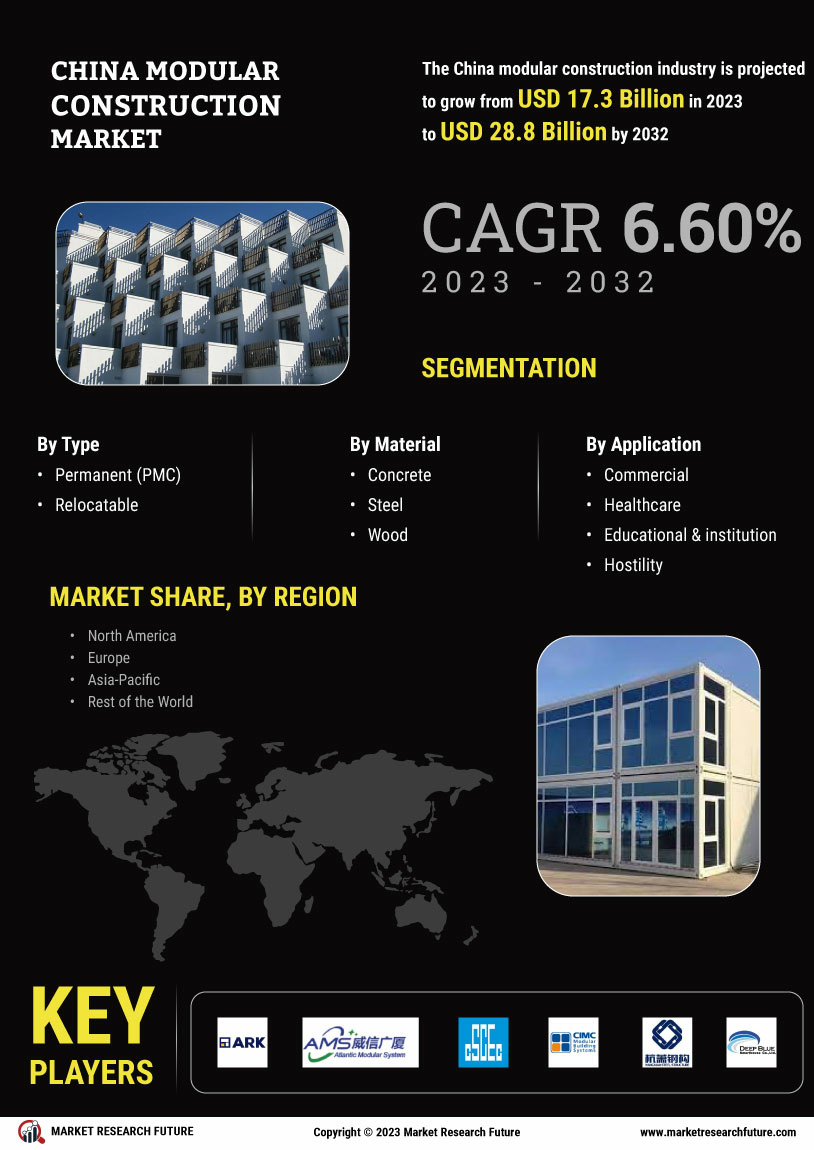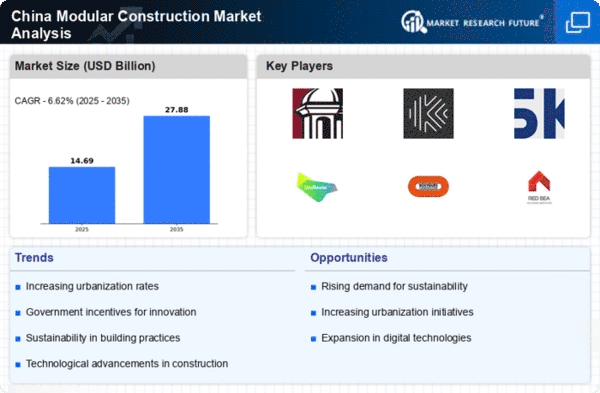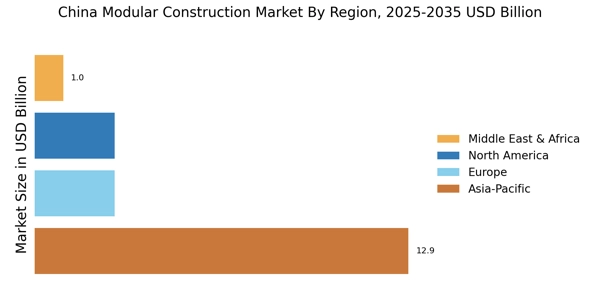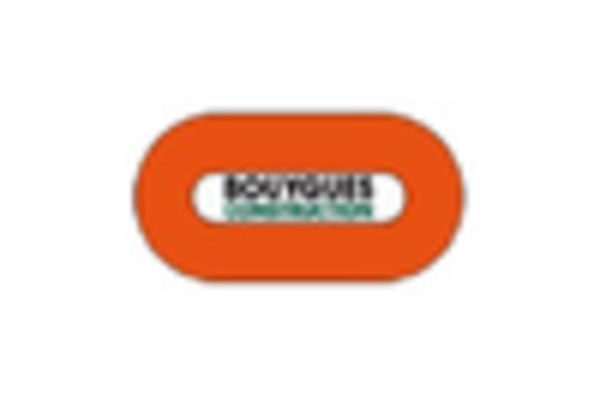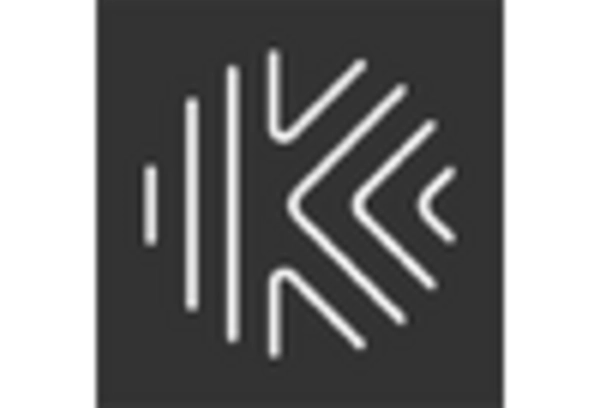Cost Efficiency and Time Savings
Cost efficiency remains a pivotal driver for the modular construction market in China. Modular construction techniques can reduce overall project costs by approximately 20-30% compared to traditional building methods. This is largely due to reduced labor costs and shorter construction timelines, which can be cut by up to 50%. As urbanization accelerates, the demand for affordable housing solutions intensifies, making cost-effective construction methods increasingly attractive. The ability to deliver projects faster and at lower costs positions the modular construction market as a viable alternative for developers and investors seeking to maximize returns while addressing the pressing housing needs in urban areas.
Government Initiatives and Policies
The Chinese government actively promotes the modular construction market through various initiatives and policies aimed at enhancing infrastructure development. With a focus on sustainable urbanization, the government has allocated substantial funding, estimated at over $10 billion, to support modular construction projects. This financial backing is intended to stimulate innovation and efficiency within the industry. Furthermore, regulations encouraging the use of prefabricated components are being implemented, which could lead to a projected growth rate of 15% in the modular construction market over the next five years. Such government support not only boosts investor confidence but also aligns with national goals of reducing carbon emissions and improving construction efficiency.
Technological Advancements in Manufacturing
Technological advancements play a crucial role in shaping the modular construction market in China. Innovations in manufacturing processes, such as automation and robotics, enhance production efficiency and precision. The integration of Building Information Modeling (BIM) allows for better planning and design, reducing errors and waste. As a result, the modular construction market is expected to witness a growth rate of around 12% annually, driven by these technological improvements. Moreover, the adoption of smart technologies in modular units, such as energy-efficient systems and IoT devices, aligns with the increasing demand for sustainable and intelligent buildings, further propelling market growth.
Rising Urban Population and Housing Shortage
The rapid urbanization in China has led to a significant increase in the urban population, which is projected to reach 1 billion by 2030. This surge creates an urgent need for housing solutions, thereby driving the modular construction market. The traditional construction methods struggle to keep pace with this demand, leading to a housing shortage in major cities. Modular construction offers a viable solution, enabling the swift delivery of residential units to meet the growing needs. It is estimated that the modular construction market could capture up to 25% of the residential building sector in urban areas, addressing both the quantity and quality of housing required.
Environmental Sustainability and Resource Efficiency
Environmental sustainability is increasingly influencing the modular construction market in China. The construction industry is one of the largest contributors to environmental degradation, prompting a shift towards more sustainable practices. Modular construction techniques utilize fewer resources and generate less waste compared to traditional methods, aligning with China's commitment to reducing carbon emissions. The market is likely to benefit from the growing emphasis on green building certifications, which could enhance the appeal of modular units. As a result, the modular construction market may experience a growth trajectory of approximately 10% annually, driven by the demand for eco-friendly construction solutions that meet both regulatory standards and consumer preferences.
